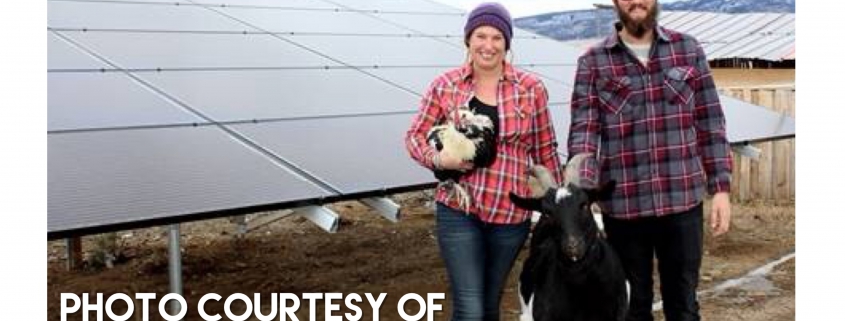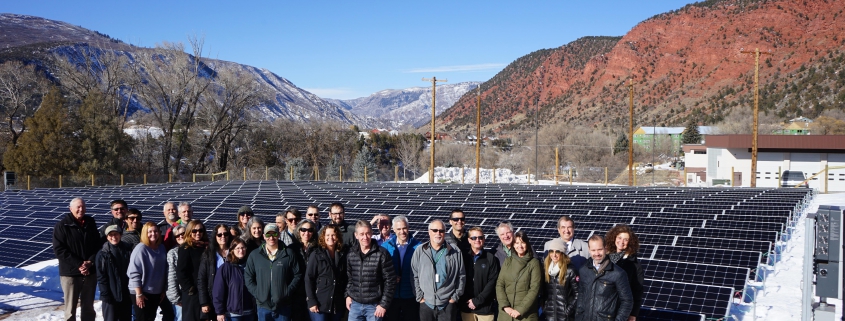Colorado’s electric cooperatives, including their power suppliers, are in emergency mode, protecting critical personnel and making sure the lights stay on for consumer-members across the state during the current coronavirus pandemic.
The state’s 22 electric cooperatives provide electricity to an estimated 1.75 million Coloradans living and working in all four corners of the state. Serving consumer-members along the edges of the Front Range populations areas, as well as those who live down quiet country roads, the co-ops serve 70% of the state’s landmass. Co-op employees, including the CEOs and managers, the lineworkers and the office personnel, all understand how critical the electricity they provide is getting to everyone through the current situation.
The co-ops are doing everything they can to make sure your electricity stays on and CREA, the statewide trade association for the co-ops, is working to support the co-ops in these efforts.
Keeping personnel safe
Personnel at your electric co-op are meeting regularly to assess the situation as closures, restrictions and the status of the virus change. Protocols are in place to make sure that the staff, particularly the critical staff, including lineworkers and control room operators, are healthy and following procedures to maintain their health. Your co-op is also in contact with the other co-ops around the state and has made plans for assistance in case there is a need.
Co-op employees are the ones who will make sure the lights stay on. With that in mind, each co-op has established protocols that are appropriate for the community they serve. Some, especially those serving the ski resort communities where early cases of COVID-19 were reported, immediately closed their facilities to public access. Other co-ops quickly followed to lessen the chances of staff contracting the virus.
Co-op office lobbies have been closed to the public; employees who can are working from home. No outside travel is allowed. Meetings are conducted over the phone or internet.
However, none of that means that co-op services for consumer-members has stopped. Member services representatives are still available to answer questions and resolve problems over the phone. Drop boxes are available for member payments.
The Colorado electric co-ops that utilize upgraded digital meters also have account information online for consumer-members that is available through the SmartHub app or website link. The app allows consumers-members to view their usage and connect with auto-pay services.
Information is updated regularly on each co-op’s website and Facebook page. Some co-ops also offer information through Twitter and Instagram.
Check with your local electric cooperative about newly implemented procedures designed to keep you as a consumer-member and staff members at the co-op safe and healthy.
Sharing information
The co-ops are also benefiting from their connection to other co-ops across the country. Weekly phone calls with co-ops in other states and the National Rural Electric Cooperative Association allow Colorado’s co-ops to learn from others, discuss ways to keep employees safe and share alternate ways to provide specific services to consumer-members.
Colorado’s electric cooperatives are committed to maintaining reliable electric service for all of their consumer-members during this crisis and will do everything in their power to serve their communities.










